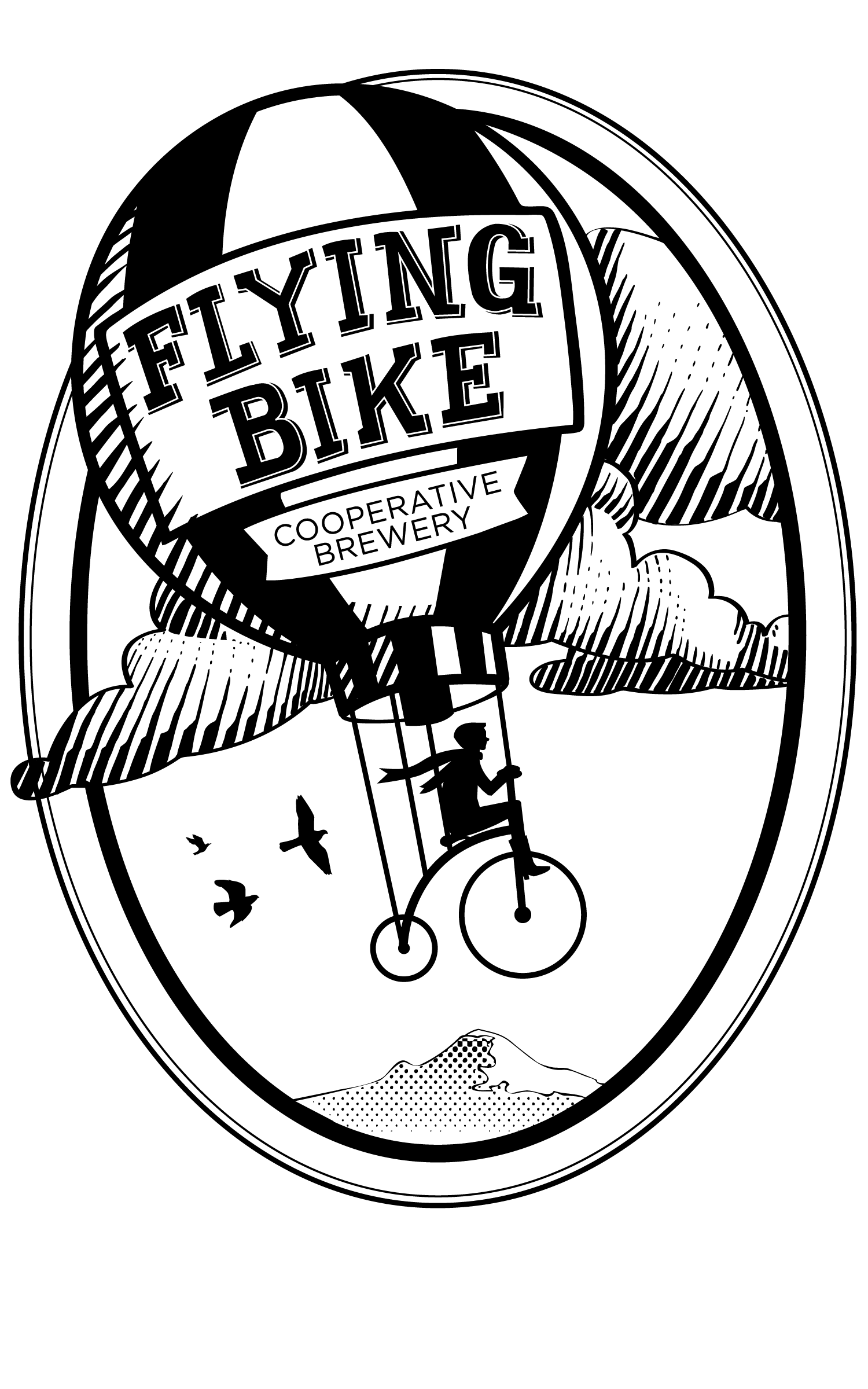What does it mean to be a Co-op?
According to the International Co-operative Alliance (ICA):
Definition
"A co-operative is an autonomous association of persons united voluntarily to meet their common economic, social, and cultural needs and aspirations through a jointly-owned and democratically-controlled enterprise."
In our case, we joined together and formed a Brewery Cooperative because we had the common goal of wanting to form a real Brewery,
and build community around Democratically sourced, Community Craft Beer!
Values
Co-operatives are based on the values of self-help, self-responsibility, democracy, equality, equity and solidarity. In the tradition of their founders, co-operative members believe in the ethical values of honesty, openness, social responsibility and caring for others.
There are 7 Co-operative Principles
The co-operative principles are guidelines by which co-operatives put their values into practice.
- Voluntary and Open Membership
Co-operatives are voluntary organizations, open to all persons able to use their services and willing to accept the responsibilities of membership, without gender, social, racial, political or religious discrimination. - Democratic Member Control
Co-operatives are democratic organizations controlled by their members, who actively participate in setting their policies and making decisions. Men and women serving as elected representatives are accountable to the membership. In primary co-operatives members have equal voting rights (one member, one vote) and co-operatives at other levels are also organized in a democratic manner. - Member Economic Participation
Members contribute equitably to, and democratically control, the capital of their co-operative. At least part of that capital is usually the common property of the co-operative. Members usually receive limited compensation, if any, on capital subscribed as a condition of membership. Members allocate surpluses for any or all of the following purposes: developing their co-operative, possibly by setting up reserves, part of which at least would be indivisible; benefiting members in proportion to their transactions with the co-operative; and supporting other activities approved by the membership. - Education, Training and Information
Co-operatives provide education and training for their members, elected representatives, managers, and employees so they can contribute effectively to the development of their co-operatives. They inform the general public . particularly young people and opinion leaders . about the nature and benefits of co-operation. - Autonomy and Independence
Co-operatives are autonomous, self-help organizations controlled by their members. If they enter to agreements with other organizations, including governments, or raise capital from external sources, they do so on terms that ensure democratic control by their members and maintain their co-operative autonomy. - Co-operation among Co-operatives
Co-operatives serve their members most effectively and strengthen the co-operative movement by working together through local, national, regional and international structures. - Concern for Community
Co-operatives work for the sustainable development of their communities through policies approved by their members.

